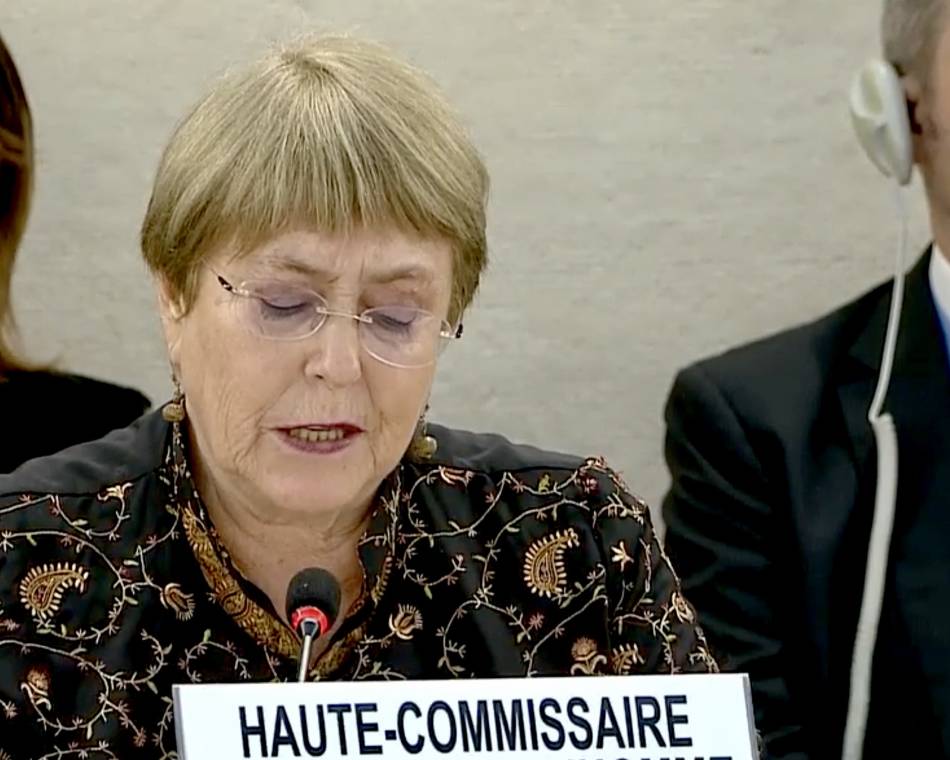GENEVA (AN) — Just weeks after returning from a heavily stage-managed trip to China that drew widespread criticism, Michelle Bachelet told the U.N. Human Rights Council's opening session that she will not seek a second four-term as the U.N. human rights chief.
Bachelet, a former president of Chile and human rights activist, summed up the global human rights situation on Monday before concluding that "as my term as High Commissioner draws to a close, this council’s milestone 50th session will be the last which I brief." The 47-nation council meets for regular sessions every March, June and September that last from three to four weeks.









